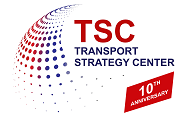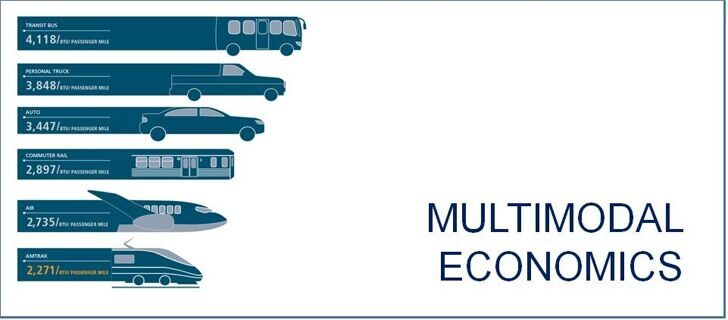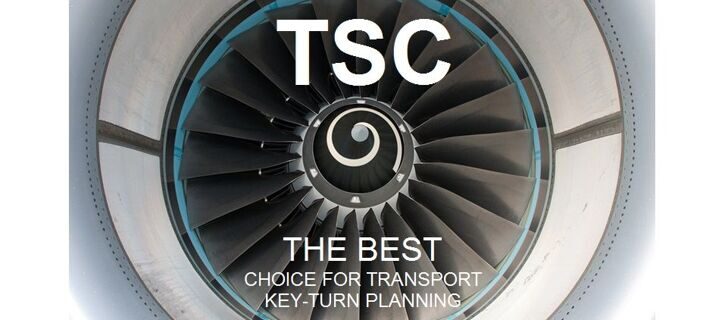TRANSPORT STRATEGY CENTER (TSC) MADE PROPOSALS IN THE FEDERATION COUNCIL ON ORGANIZING THE IMPLEMENTATION OF INTERNATIONAL UAS FLIGHTS WITH THE INTRODUCTION OF EPR
« BackThe Federation Council held a discussion of an innovative project to create an international UAS hub between Russia and China.
The event was chaired by Artem Sheikin, First Deputy Chairman of the Federation Council Committee on Constitutional Legislation and State Building, and Evgeny Charkin, Deputy General Director of Russian Railways.
These are the key points of the report by Anton Koren, Head of the Transport Strategy Center (TSC):
Working out the practice of carrying out international flights on UAS with the introduction of an experimental legal regime is a timely initiative.
There is no doubt that it will be quite easy to find technical solutions for the implementation of air transportation between Russia and China on UAS, and to resolve legal issues within the framework of the EPR - while observing all international regulatory standards for air cargo transportation.
Important aspects:
Defining the target segments of the project
It is important that the experiment has a practical result for the industry in addition to testing the technology and removing regulatory restrictions. For this, it is necessary to determine at the project planning stage in which economically justified segments cross-border air transportation on UAS will be in demand in the future. For these segments, determine the calculation scheme and type of UAS, possibly the calculated MCN (or in terms of commercial aviation - the calculated close to the commercial load in demand by the market).
Obviously, at short flight distances and in small weight lots, the specific cost of cargo transportation will not be comparable with ground transport or manned aircraft when transporting in full cargo or in part of the Amur Region - cargo compartments of aircraft. In terms of economics for conventional nomenclatures - not in favor of UAS.
Therefore, at the stage of developing the project concept, it will be useful to justify those segments that may be in demand in the future and adapt the project for them, for these segments, establish key performance indicators for the project and for the EPR as a whole.
Project administration
At the stage when the project operator - the operator - is determined, its expert support will be required, taking into account the knowledge of the specifics of organizing international air transportation.
We, at TSC, have experience in building international projects in the field of logistics Russia - China
- in terms of transportation on manned cargo aircraft - for the creation of airlines, and regular cargo business;
- there is experience in developing the concept of electronic visas Russia-China;
- also from the latest projects within the framework of the development of the concept of NCTL, we supervised the development in terms of air transport.
There is an understanding of how logistics and customs digital products work, ensuring the work of the authorities of the two countries. At this stage of practical organization, TSC can provide consulting assistance.
In general, TSC wishes the project successful implementation and is ready to provide support already at the planning stage.
Also, the round table was attended by representatives of the Ministry of Transport of the Russian Federation, the Federal Air Transport Agency of the Russian Federation, the Federal Security Service of the Russian Federation, the Federal Customs Service of the Russian Federation, UAS manufacturers and operators, telecommunications providers, the largest logistics operators and express delivery operators.
Details in the video of this news - https://t.me/ConsortiumTSC/175
Follow the news and strategic decisions on transport in the new telegram channel TSC










